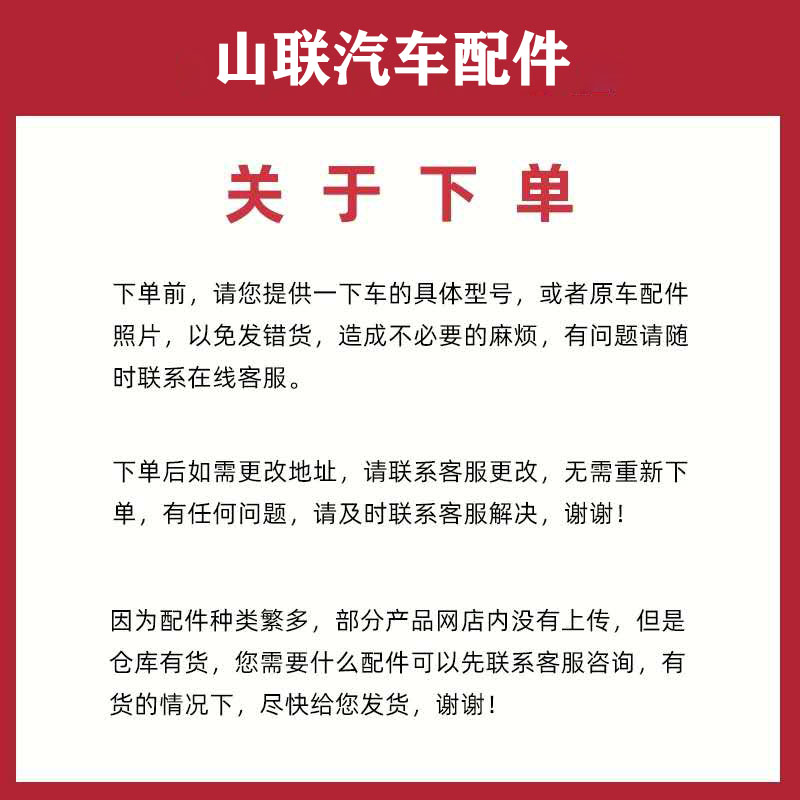欢迎来到 ins批量协议号
全国咨询热线: 020-123456789

联系我们
地址:联系地址联系地址联系地址
电话:020-123456789
传真:020-123456789
邮箱:admin@aa.com
Dialogue with North Korea is unrealistic: prime minister
来源:ins批量协议号 更新时间:2024-06-15 03:13:22
 |
| Prime Minister Lee Nak-yon speaks during a forum hosted by the Kwanhun Club, an association of senior journalists, at the Korea Press Center in central Seoul, Wednesday. / Yonhap |
By Kim Hyo-jin
The Moon Jae-in government thinks it is unrealistic to hold talks with North Korea, Prime Minister Lee Nak-yon said Wednesday.
It is more likely to impose additional unilateral sanctions against the reclusive state, he said.
The comments came after the North fired an intercontinental ballistic missile that flew almost 1,000 kilometers before falling into the East Sea earlier in the day.
"The prospect of dialogue with the North is getting slimmer. It is unrealistic to do so while the country is accelerating its missile development," Lee said at a debate session hosted by the Kwanhun Club, an association of senior journalists.
"The government will continue to pressure the country in close coordination with the international community to the maximum level. Seoul may need to consider further unilateral sanctions against Pyongyang."
Seoul could expand its options by adopting some of sanctions the U.S. unilaterally implemented, Lee said.
The foreign ministry unveiled a list of 18 North Korean individuals subject to the unilateral sanctions that freeze their property within South Korean jurisdiction, and banned any transactions with South Korean banks earlier this month. But this was viewed as only symbolic because the two Koreas have already cut almost all exchanges.
During the session held after a National Security Council meeting, high attention was paid to the background of Moon's comment on a possible "preemptive attack" by the U.S.
Moon rarely mentioned it during the meeting with his security aides, saying, "We should prevent a situation where the U.S. considers a preemptive attack against North Korea."
Lee interpreted this to mean Moon was "sending a warning" to the Kim Jong-un regime about it advancing its missile capabilities.
"Moon intended to warn North Korea that it should be aware of the risk of its action," he said.
But he dismissed the feasibility of military options by the U.S., saying "It is a clear fact that it is one of many options but the U.S. has considerations to make before it commits itself to action."
He assured the Koreans the U.S. will consult with South Korea first even if it decided to go for it. "That's what Trump reaffirmed on his visit to Seoul," he said.
Lee assessed the latest missile launch as Kim's "tactful" choice as it lengthened the flight of the projectile yet it did not fire it toward Guam or Hawaii.
"Kim must have intended to sufficiently show its force yet refrain from provoking the international community," he said.
Over the recent controversy of Seoul's alleged expression of the "three nos" to Beijing, Lee said it was needed to thaw the strained bilateral relations.
"It was nothing new. The position has been presented for months. The government just reaffirmed it is in need of rebuilding the fractured relations between South Korea and China," he said.
Dismissing concerns about "submissive" diplomacy, he said it was a pragmatic approach.
"The U.S. and China have different strategic interests and North Korea is seeking nuclear weapons. Any government would have little option under such circumstances," he said. "It was not a submissive but necessary move."
Beijing earlier said it values Seoul's stance of three nos _ no more deployment of a THAAD battery, no more U.S.-led missile defense systems in South Korea and no tripartite defense alliance with the U.S and Japan _ while Seoul downplayed it as a mere expression of its position, not a promise.
Asked how Moon's reluctance of a trilateral defense alliance with the U.S. and Japan should be interpreted, Lee replied the stance is "nothing different from that of the previous governments."
"So far, the cooperation on our security issues has revolved around two pillars _ the ROK-U.S. alliance and the U.S.-Japan alliance. The current government's stance is that it will keep it that way," Lee said.
Reassuring the coordination between Seoul and Tokyo has been smooth, Lee added, "I hope Tokyo takes into account the fact that the people here are still cautious (of the trilateral alliance)."
城市分站
联系我们
地址:联系地址联系地址联系地址
电话:020-123456789
传真:020-123456789
邮箱:admin@aa.com
0.0624



